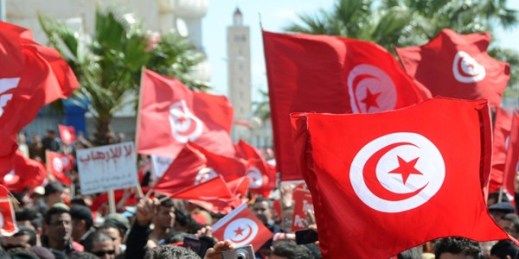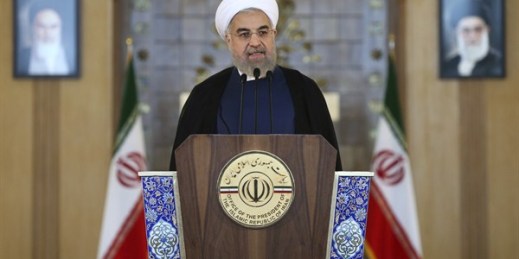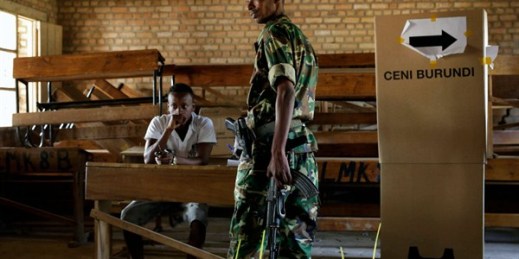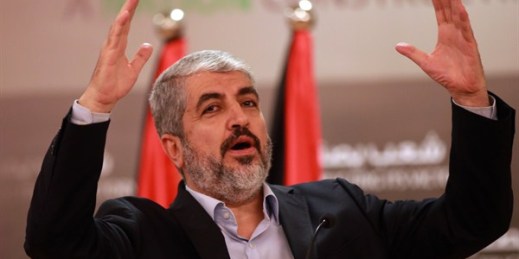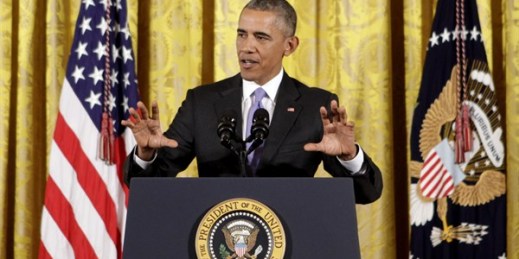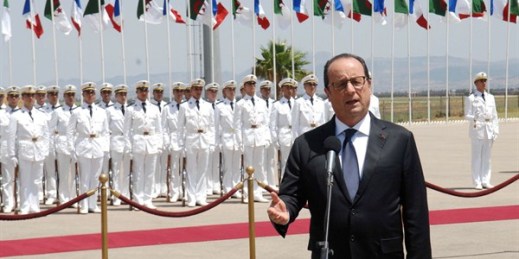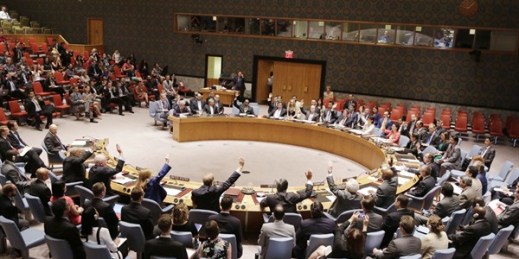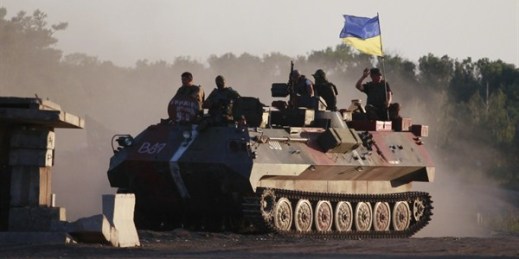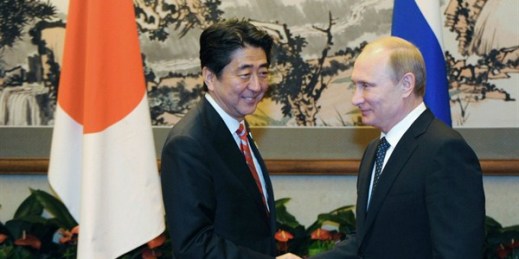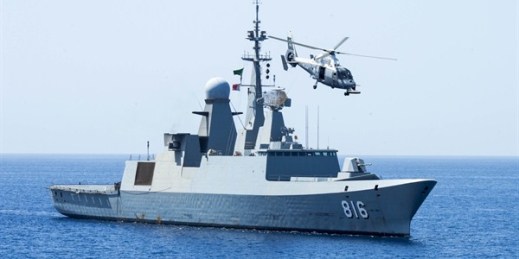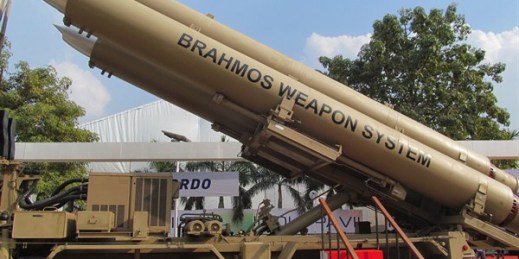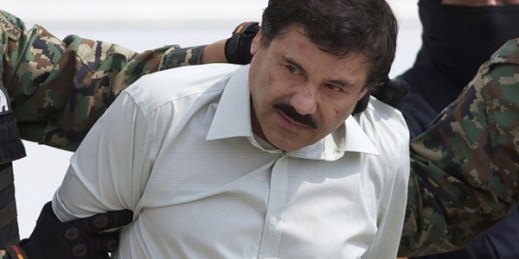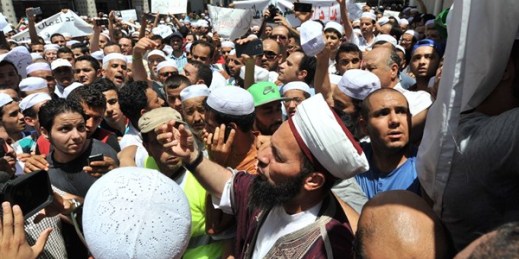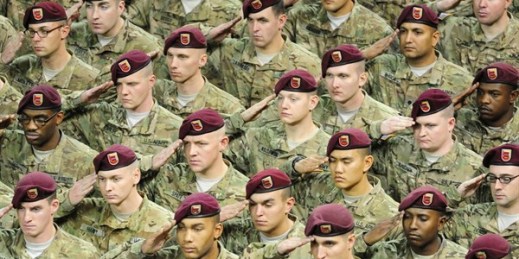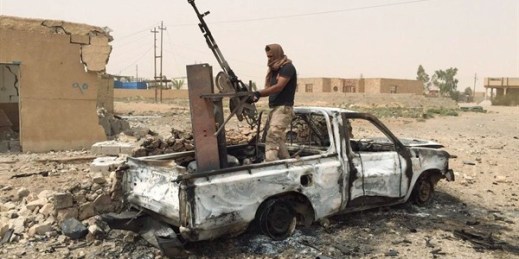
For decades U.S. policy in the Middle East focused on two things: Israel and oil. Helping to keep Israel secure was not hard since the Israelis themselves had it well under control. Making sure that oil flowed was more challenging since most of it was owned by brittle monarchies or dictators, but the United States and its allies found a way. This emphasis on Israel and oil led to an American strategy that was remarkably consistent even when the White House changed hands. Its goal was stability built on partnerships with local states when possible and direct action if necessary. […]

